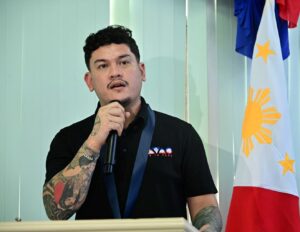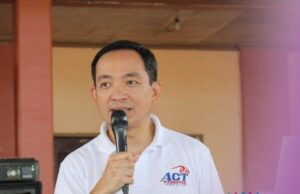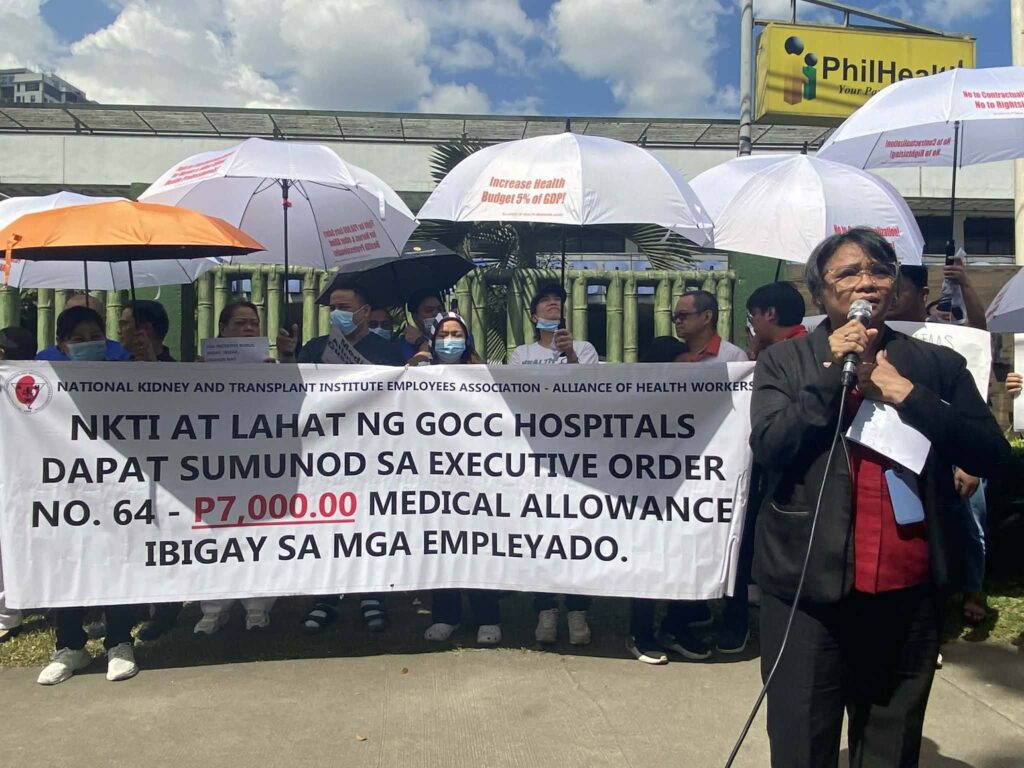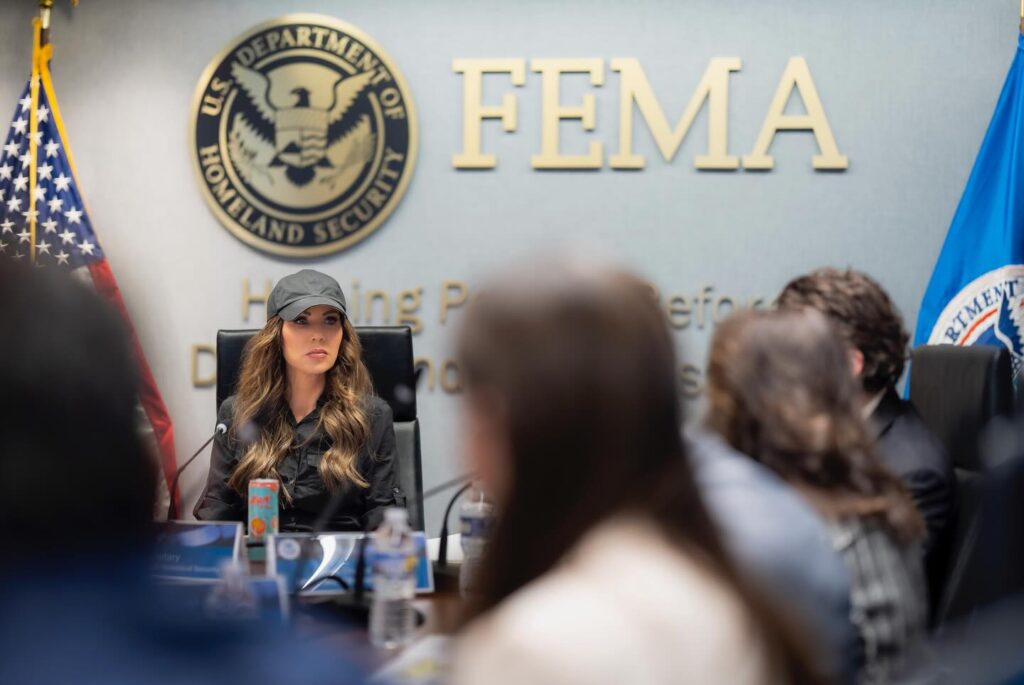Davao City Mayor Sebastian “Baste” Duterte said the Congress did not allocate any budget for the High Priority Bus System (HPBS), also known as the Davao Bus Project, leaving the much-anticipated project in limbo.
The local chief made the remarks just before the 2024 TomTom Traffic Index ranked Davao City as the most congested metropolitan area in the Philippines, with the slowest travel times.
In his podcast last week, Duterte expressed his frustration over the lack of support from lawmakers, particularly Speaker Martin Romualdez, in the key project aimed at addressing the city’s traffic woes.
Duterte also claimed that Congress deliberately stalled the project, which had already secured a loan from the Asian Development Bank and a signed contract with President Ferdinand Marcos Jr., due to political roadblocks.
“The Congress no longer allocated a budget for the HPBS (High-Performance Bus System). (Martin) Romualdez did not allocate the funding. The solution (for traffic) is already there, it’s just waiting to be rolled out,” Duterte said in vernacular.
“Just leave us people from Davao here alone. Why make us suffer? What did we do wrong to you? You can spend all that money you have there, but please give us what we need here,” the mayor added.
According to Duterte, the city government has already secured a loan agreement with the Asian Development Bank (ADB) to fund the HPBS, which would introduce a more efficient and modern bus system. However, he accused Congress of hindering progress by not funding the project.
“We’ve already talked to the Asian Development Bank and secured a loan. (President Ferdinand) Bongbong Marcos even visited here and witnessed the ceremonial signing. Now the budget is being held back,” he said.
For context, Marcos and ADB President Masatsugu Asakawa officially signed an agreement for a USD 1,710.78 million budget from the multilateral lender in July 2023, marking the beginning of the Davao Bus Project’s implementation.
The project will introduce 1,105 buses along the Davao-Panabo highways, with approximately 400 being electric-articulated buses. The remaining buses will adhere to Euro V standards for diesel engines. Designed for passenger comfort, safety, and accessibility, these buses will feature low floors for easy boarding, CCTV cameras, wheelchair spaces, and designated seats for pregnant women, mothers with children, and the elderly.
Duterte said that the HPBS implementation will also tackle the issue of traffic lights.
“The public might say that the traffic light issue hasn’t been solved. It can’t be that simple because we have a bus system, and for the bus system to work, the traffic lights need to be properly calibrated. It’s not just about having traffic lights; we also have the City Transport and Traffic Management Office (CTTMO),” the mayor said.
“There are many ways to approach the traffic problem. It’s not just about saying there’s traffic because there’s no CTTMO. It’s not like that. We also need to implement several solutions together—policies, laws, and infrastructure. It’s not something that can be fixed overnight,” the mayor added.
Despite these challenges, the mayor remains hopeful that current infrastructure projects, including those supported by international funding, will provide much-needed relief.
The mayor ended with a plea for patience, emphasizing that solutions require time and are part of a broader effort to secure sustainable growth for Davao City. (TCSP)




